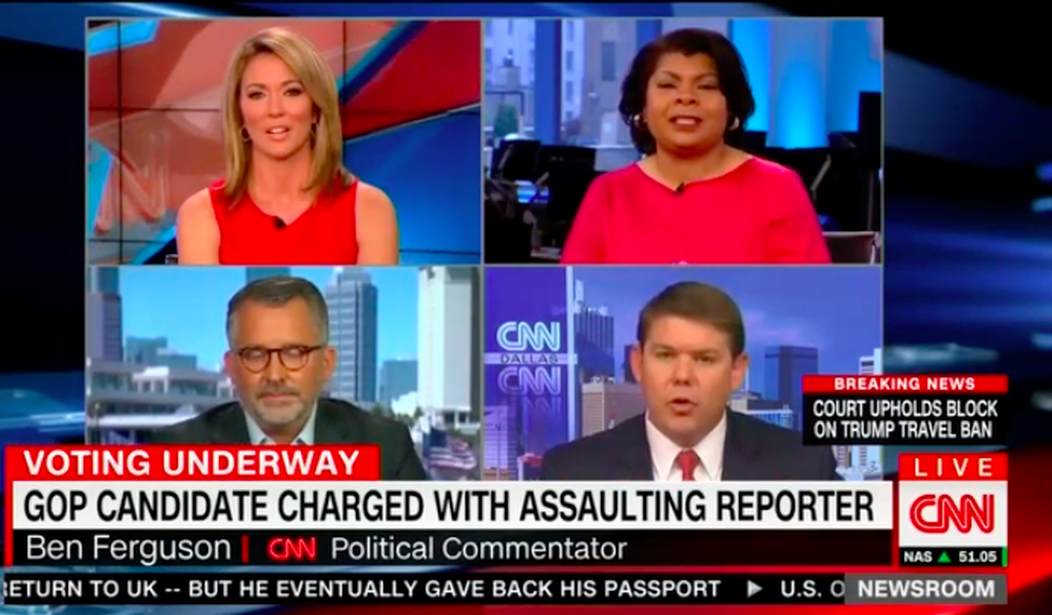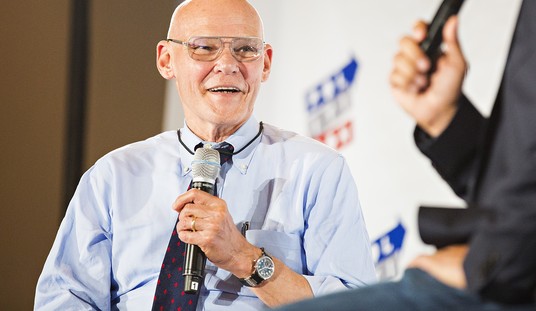WASHINGTON — Several Senate Democrats expressed support for the nomination of Christopher Wray as the FBI director-designate vowed “strict independence” from the White House, promised he’d resign before following an illegal order from the president and voiced his opposition to enhance interrogation techniques.
“I believe to my core that there’s only one right way to do this job and that is with strict independence, by the book, playing it straight, faithful to the Constitution, faithful to our laws and faithful to the best practices of the institution: without fear, without favoritism and, certainly, without regard to any partisan political influence,” Wray, assistant attorney general for the Justice Department’s Criminal Division from 2003 to 2005, told the Senate Judiciary Committee today.
“And I have way, way, way too much respect and affection, frankly, for the men and women of the FBI to do anything less than that,” he added. “And I would just say anybody who thinks that I would be pulling punches as the FBI director sure doesn’t know me very well.”
Former Sen. Sam Nunn (R-Ga.) testified on Wray’s behalf at the beginning of the hearing, saying the nominee “understands that the FBI and the Department of Justice owe loyalty to the Constitution, our laws, and our nation and not to any particular office holder.”
“If confirmed, I have complete confidence that Chris will follow the facts and the law with fairness, with thoroughness, with intelligence and objectivity wherever that path may lead,” Nunn added.
Sen. Pat Leahy (D-Vt.) asked Wray what he would do as FBI director if the president “asks you to do something unlawful or unethical.”
“First, I would try to talk him out of it. And if that failed, I would resign,” Wray replied.”
Wray would not answer questions on why he believed former FBI Director James Comey was fired, but called Comey, who was deputy attorney general when Wray was at the Justice Department, “a terrific lawyer, a dedicated public servant and a wonderful colleague.” Wray added that he hasn’t “been in touch with him in a number of years.”
On the intelligence community assessment that Russia waged an influence operation against the 2016 presidential campaign, Wray stressed that he didn’t have access to the classified version of the report but “from what I reviewed, I have no reason whatsoever to doubt the assessment of the intelligence community.” The full report would “be one of the first things I’d want to see” if confirmed, he added.
After Wray said he was unfamiliar with the emails released by Donald Trump Jr. regarding a June 2016 meeting with a Russian attorney promising to deliver information from the Kremlin damaging to Hillary Clinton, Sen. Lindsey Graham (R-S.C.) read the exchange and pressed the nominee on whether Trump Jr. should have taken the meeting or contacted the FBI.
“I would think you’d want to consult with some good legal advisers before you did that,” Wray said of taking the meeting.
“You’re going to be the director of the FBI, pal,” Graham said. “So here’s what I want you to tell every politician: If you get a call from somebody suggesting that a foreign government wants to help you by disparaging your opponent, tell us all to call the FBI.”
“To the members of this committee, any threat or effort to interfere with our elections from any nation-state or any non-state actor is the kind of thing the FBI would want to know,” replied Wray.
Graham asked Wray to see if Trump Jr.’s statements prior to the release of the emails were “misleading” and bring his findings back to the committee.
“Is Russia our friend or our enemy?” Graham asked.
“Senator, I think Russia is a foreign nation that we have to deal with very warily,” Wray said.
“Do you think they’re an adversary of the United States?” Graham continued.
“In some situations, yes,” replied Wray. “…I think an effort to interfere with our elections is an adversarial act.”
Using terminology President Trump has assigned to the Russia investigation, Graham asked Wray if he believes the special counsel’s probe is a “witch hunt.”
“I do not consider Director Mueller to be on a witch hunt,” Wray said.
Sen. Dick Durbin (D-Ill.) asked the nominee if he, like Comey, would “feel bound” to draft memos after his conversations with the president.
“Certainly, there would be situations where it would be appropriate for me to memorialize a conversation, just like there would be with other people, if they were important conversations, and I thought it made sense,” Wray replied.
“That is your responsibility as director, but we’re dealing with an extraordinary situation here, where a man you respected, was fired, called a nut job, and the president said to Russian visitors, we’re putting an end to this investigation. This is not an ordinary course of business for the Federal Bureau of Investigation,” Durbin continued. “This is the highest elected official in the United States of America trying to stop an investigation by putting Jim Comey out of business. I think it’s a little different than the routine requirements of the office. Do you?”
“Well, certainly, I would distinguish, Senator, if this is what you’re driving at, between a sort of routine conversation, and a very significant, important conversation,” Wray said. “And ones that fall in the latter category, I would think it would behoove me to make sure there’s an appropriate record of that.”
Durbin also asked Wray about the nominee’s “own personal feelings about the patriotism of Muslim-Americans, and the role they play in keeping America safe.”
“I think the FBI director and the FBI needs to be — the FBI and the FBI director for all Americans, including Muslim-Americans,” responded Wray. “And the — my experience in terrorism investigations has been that some of the best leads we ever got were from members of that community, from Muslim-Americans.”
Ranking Member Dianne Feinstein (D-Calif.) noted that Wray was senior adviser to the deputy attorney general when the DOJ “torture memos” were issued in 2002 and 2003, and asked about his role in reviewing those rulings on enhanced interrogation techniques.
“My view is that torture is wrong, it’s unacceptable, it’s illegal and I think it’s ineffective,” Wray replied, to which Feinstein interjected, “Good beginning.”
Previous FBI directors’ policy “that the FBI is going to play no part in the use of any techniques of that sort” is correct, he added, and he would follow that precedent.
“I can tell you that during my time as principal associate deputy attorney general, to my recollection, I never reviewed, much less provided comments on or input on, and much less approved, any memo from John Yoo on this topic,” Wray said. “I understand that he thinks it’s possible. He might have. I can only tell this committee that I have no recollection whatsoever of that. And it’s the kind of thing I think I would remember.”
Sen. Richard Blumenthal (D-Conn.) asked Wray if he would “support common-sense measures to stop gun violence… including universal background checks.”
“I would want to take a look at any specific legislative proposal and get back to you once I had evaluated a specific piece of legislation,” Wray said. “But I do support efforts to deal with gun violence aggressively and effectively. I think my record both as a line prosecutor and in the leadership of the department is consistent with that.”









Join the conversation as a VIP Member